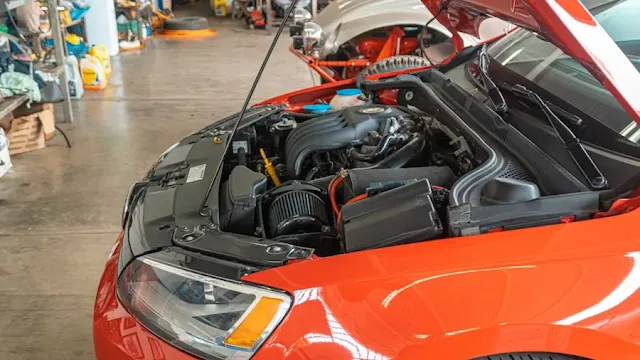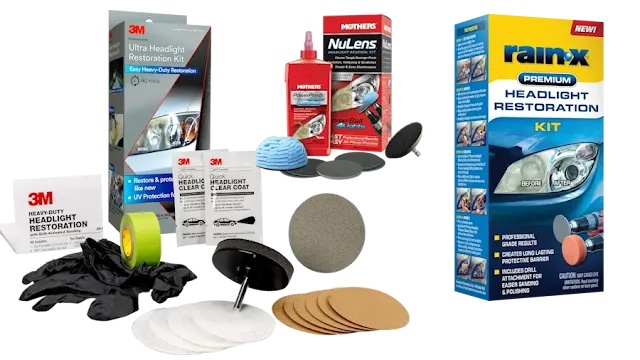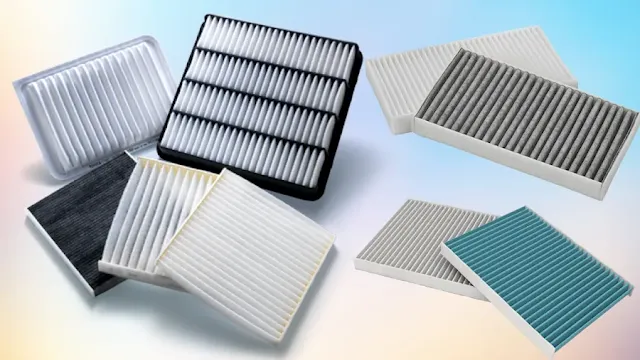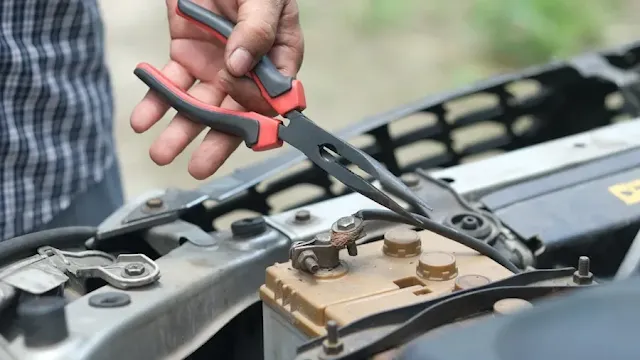One of the most common dilemmas car owners face is whether to sell their vehicle or invest in repairs. This decision is crucial, as it can significantly impact your finances, peace of mind, and overall driving experience.
Receiving a repair estimate can cause its own form of sticker shock. When faced with a $3500 quote just to keep your car running, trading it in for a newer model with fewer issues might seem like a good solution.
The choice between selling or repairing isn't always clear-cut and depends on various factors, including the car's age, condition, repair costs, and future reliability.
In this article, we'll delve into the key considerations that can help you make an informed decision. We'll explore when repairing a car might not be worth it, whether it's better to fix a car before selling it, the value of repairing an older vehicle, and the optimal time to sell your car.
At What Point is Repairing a Car Not Worth It?
Repairing a car can sometimes become a financial black hole, especially when costs start to outweigh the vehicle's value. Here are some scenarios where repairing might not be worth it:
- High Repair Costs: If a major repair, like an engine or transmission replacement, costs more than the car's market value, it might be time to sell.
- Frequent Breakdowns: Constantly dealing with breakdowns and minor repairs can be a sign that the car's overall reliability is declining.
- Expensive Diagnostics: If diagnosing issues becomes expensive and recurring problems remain unresolved, selling might be the better option.
- Safety Concerns: If repairs involve critical safety features and the car still feels unsafe, it's worth considering a replacement.
Is It Better to Fix a Car Before Selling It?
Deciding whether to repair a car before selling it depends on the nature of the repairs and the potential return on investment. Here are some points to consider:
- Minor Repairs: Fixing minor issues like replacing worn tires, fixing small dents, or addressing cosmetic issues can enhance the car's appeal and value.
- Major Repairs: If the car requires significant repairs, consider whether the increased sale price justifies the expense. Sometimes, selling as-is might be more economical.
- Buyer Appeal: A well-maintained car is more attractive to buyers. Providing service records and recent repair receipts can boost buyer confidence.
- Market Value: Research the car's market value with and without repairs. This can help you decide if the investment in repairs will be worthwhile.
Is It Worth Repairing a 10-Year-Old Car?
A 10-year-old car can still have plenty of life left, but several factors determine if it's worth repairing:
- Condition and Mileage: A well-maintained car with lower mileage can be worth repairing, while a high-mileage car with a history of issues might not be.
- Repair Costs: Compare the cost of repairs to the car's value. If repairs are minor and the car is otherwise in good condition, it may be worth it.
- Usage Needs: Consider how long you plan to keep the car. If you need a reliable vehicle for a few more years, investing in repairs might be sensible.
- Future Reliability: Assess the car's overall reliability. Some older models are known for their longevity, making repairs a good investment.
At What Point Should You Sell Your Car?
Timing is crucial when deciding to sell your car. Here are some indicators that it might be time to sell:
- Increasing Repair Costs: When repair costs become frequent and expensive, it might be more economical to sell.
- Lifestyle Changes: If your lifestyle changes (e.g., needing a larger vehicle or a more fuel-efficient one), selling might be a practical choice.
- Depreciation Plateau: Cars typically depreciate quickly in the first few years and then stabilize. Selling before significant depreciation hits again can maximize your return.
- Market Conditions: Monitor the market. Selling when demand is high (e.g., during a shortage of used cars) can yield better prices.
- Safety and Reliability: If your car's safety and reliability are compromised, it's wise to sell it before issues become severe.
Deciding whether to sell your car or repair it involves weighing the costs, benefits, and future reliability of your vehicle. Assessing repair costs, market value, and your personal needs can guide you to the best decision. Whether you choose to invest in repairs or sell your car, making an informed choice will help you get the most out of your vehicle and ensure peace of mind on the road. Happy driving and good luck with your decision!









